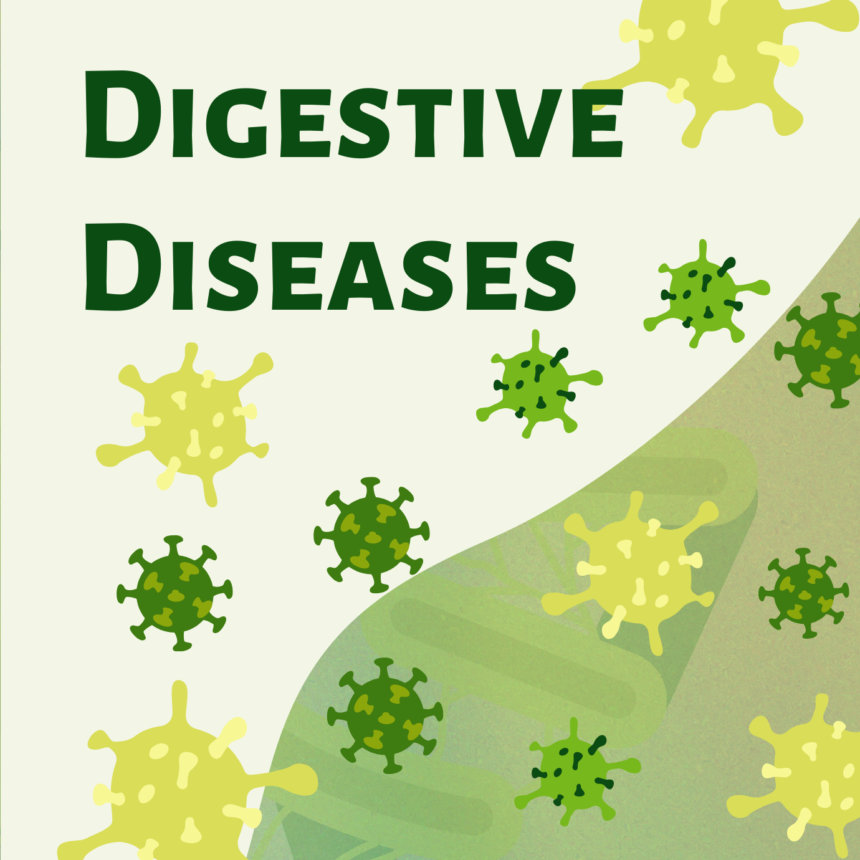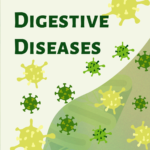Inflammatory Bowel Disease (IBD) is a term used to describe a group of chronic inflammatory conditions that affect the digestive tract. The two primary forms of IBD are Crohn’s disease and ulcerative colitis. In this article, we’ll delve into the characteristics, causes, symptoms, and treatment options for these conditions.
Differentiating Crohn’s Disease and Ulcerative Colitis:
While Crohn’s disease and ulcerative colitis share some similarities, they also have distinct features:
1. Crohn’s Disease:
- Can affect any part of the digestive tract from the mouth to the anus.
- Inflammation can occur in patches, leaving healthy areas in between.
- All layers of the intestinal wall can be affected.
- Complications can include fistulas (abnormal connections between organs) and strictures (narrowing of the intestine).
2. Ulcerative Colitis:
- Primarily affects the colon and rectum (large intestine).
- Inflammation typically starts at the rectum and progresses upward in a continuous manner.
- Inflammation is limited to the innermost lining of the colon.
- Complications may involve severe bleeding and an increased risk of colon cancer.
Common Causes and Triggers:
The exact cause of IBD remains unclear, but it is believed to involve a combination of genetic, environmental, and immune system factors. Potential triggers and risk factors include:
- Genetics: Family history plays a significant role in IBD risk, with certain genes associated with a higher likelihood of developing the condition.
- Immune System Dysfunction: IBD is characterized by an overactive immune response that leads to chronic inflammation in the digestive tract.
- Environmental Factors: Smoking, diet, and exposure to certain infections may contribute to the development or exacerbation of IBD.
Common Symptoms:
Symptoms of both Crohn’s disease and ulcerative colitis can vary in severity and may include:
- Abdominal Pain and Cramping: Due to inflammation and muscle contractions.
- Diarrhea: Often bloody in the case of ulcerative colitis.
- Weight Loss: Resulting from reduced appetite and nutrient malabsorption.
- Fatigue: As a consequence of inflammation and anemia.
- Frequent Urges to Defecate: Accompanied by the feeling of incomplete bowel movements.
- Fever and Inflammation Outside the Digestive Tract: IBD can also affect other parts of the body, leading to joint pain, skin rashes, and eye inflammation.
Treatment Options:
Managing IBD typically involves a combination of medical therapies, lifestyle adjustments, and, in some cases, surgical intervention. Treatment goals include:
- Inducing and Maintaining Remission: Medications such as anti-inflammatories, immunosuppressants, and biologics can help control inflammation.
- Symptom Relief: Anti-diarrheal drugs, pain relievers, and dietary modifications can alleviate discomfort.
- Nutritional Support: In cases of severe malnutrition or intestinal damage, specialized diets or nutritional supplements may be necessary.
- Surgery: In cases of complications like strictures, fistulas, or colon cancer, surgical removal of affected portions of the digestive tract may be required.
- Lifestyle Changes: Stress management, dietary modifications, and smoking cessation can help reduce symptom flare-ups.
In conclusion, IBD, encompassing Crohn’s disease and ulcerative colitis, is a group of chronic inflammatory conditions affecting the digestive tract. While there is currently no cure, various treatment options are available to manage symptoms, induce remission, and improve the quality of life for individuals living with IBD. Early diagnosis and ongoing medical management are crucial for effectively controlling the disease and preventing complications. If you suspect you have IBD or are experiencing symptoms, consult a healthcare provider for proper evaluation and guidance.



